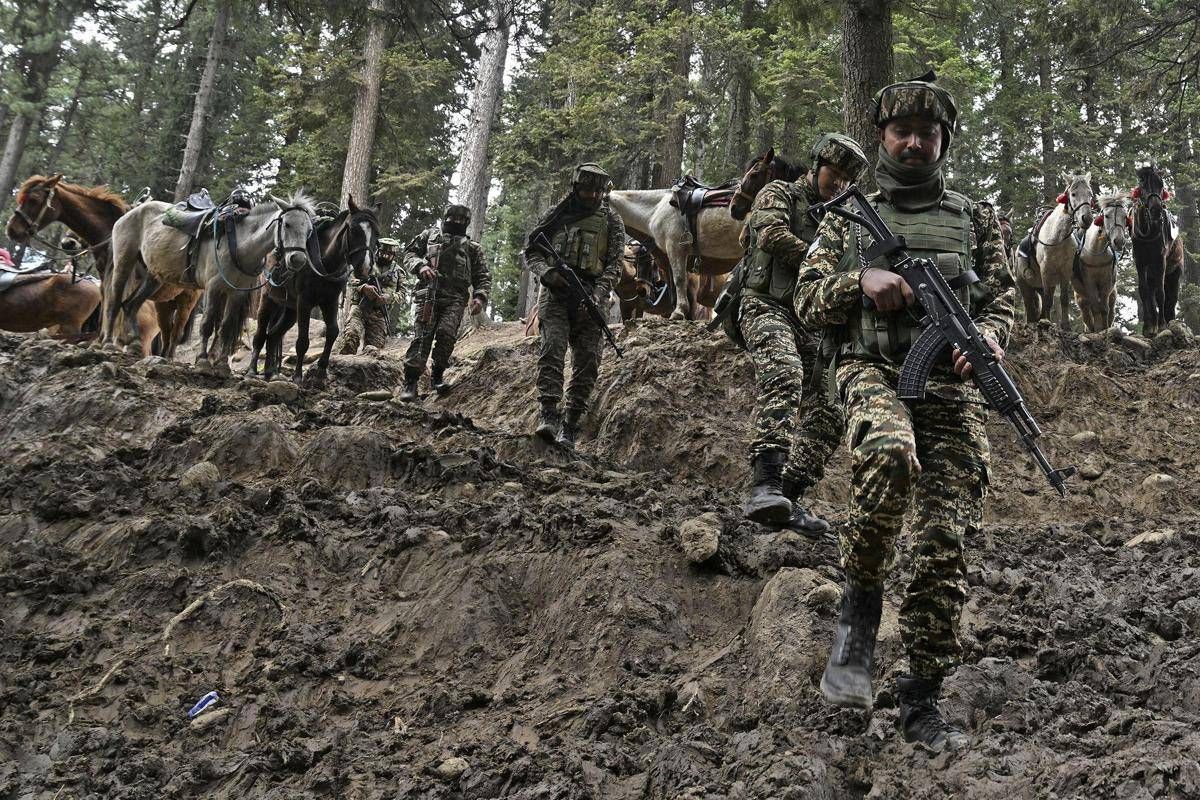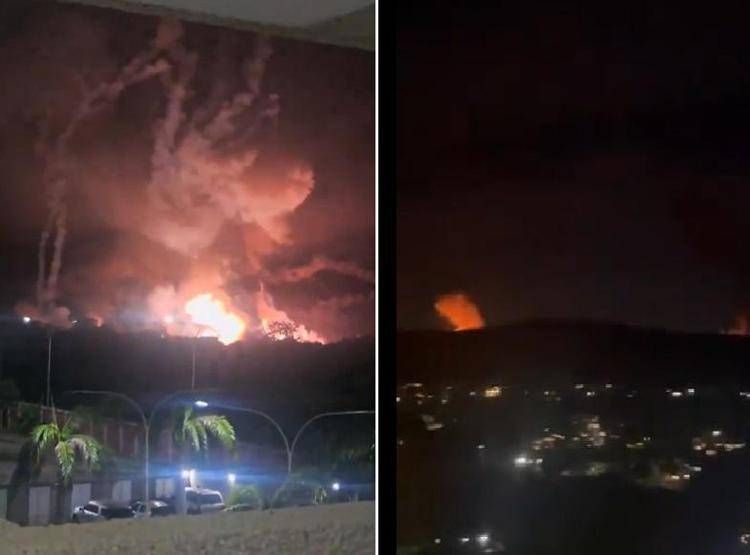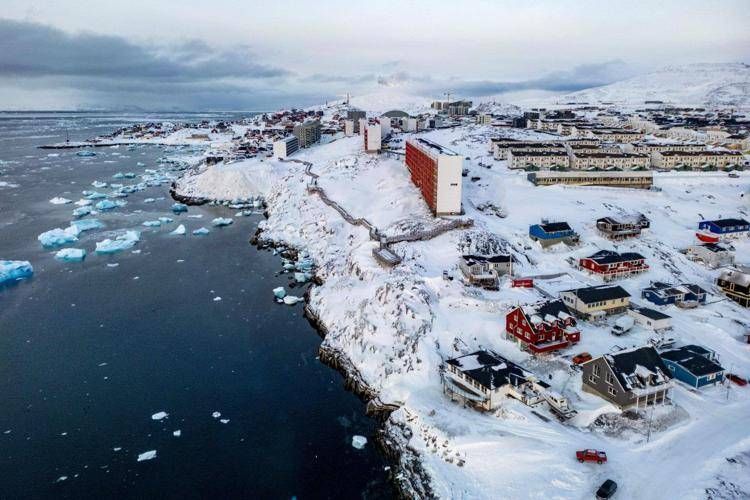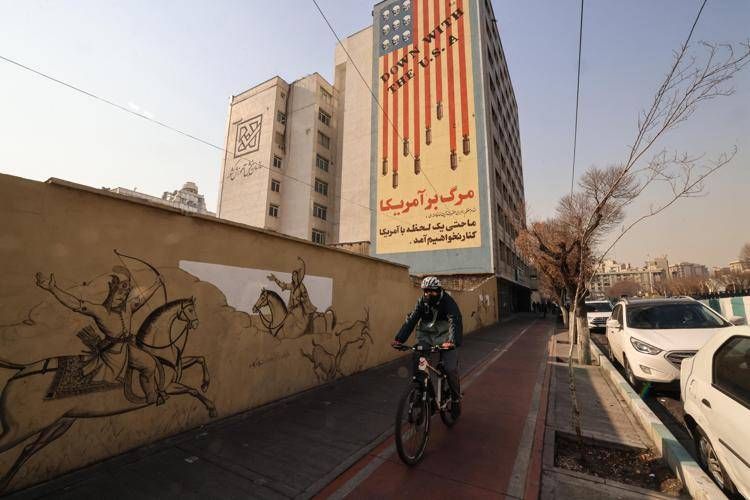
India-Pakistan, Indus Treaty under pressure: water as geopolitical leverage
-


Alberto Trentini e Mario Burlò sono in Italia dopo la liberazione VIDEO
-


Overnight explosions in Caracas hit military area, widespread power outages reported VIDEO
-


Attacco Usa in Nigeria contro l’Isis, Trump: “Risposta al massacro di cristiani” VIDEO
-


Frana a Cormons: disperso un giovane e un’anziana sotto le macerie VIDEO
Signed in 1960 with the mediation of the World Bank, the Indus River Agreement has so far been a model of water cooperation. But political tensions put a vital resource for millions at risk
A virtuous example of international cooperation put at risk by renewed geopolitical tensions. This is the fate of the Indus River Waters Treaty, signed in 1960 between India and Pakistan thanks to the mediation of the World Bank, now threatened by New Delhi after the terrorist attack in Indian Kashmir that cost the lives of 25 Indian citizens and one Nepalese.
The treaty – signed by Jawaharlal Nehru and Ayub Khan after nine years of negotiations – has for decades been regarded as a model for the shared management of transboundary water resources. The agreement gives India control of the eastern rivers (Ravi, Beas, Sutlej) and Pakistan control of the western rivers (Indus, Jhelum, Chenab), which are crucial for agriculture and water supply in the Pakistani provinces of Punjab and Sindh.
India has recently raised the possibility of suspending the treaty, a measure that Islamabad has called ‘an act of war’. And not wrongly: the Indus basin supplies 80% of Pakistan’s water needs, feeding agriculture, industry and the domestic needs of tens of millions of people. Its interruption would mean serious economic and social repercussions.
The origin of the need for the treaty dates back to 1947, when Indian independence sanctioned the birth of two states with new borders but a shared river system. In 1948, India temporarily blocked the flow of water to Pakistan, generating a crisis that was only resolved years later with the intervention of the UN and the World Bank.
The treaty has ensured fair management ever since, even during periods of strong hostility between the two countries. Both nations have the right to use part of the ‘controlled’ waters for purposes such as irrigation and energy production, but within precise technical limits.
Today, however, the threat to revise or suspend the agreement opens up a potentially destabilising scenario. Pakistan’s agricultural sector – which accounts for 23% of the national GDP and supports over 68% of the rural population – would be the first to be affected.
At a time when water is increasingly an object of contention, the Indus Treaty remains a fragile but fundamental symbol of coexistence and cooperation. To call it into question would be to jeopardise not only the stability of a region already riven by historical tensions, but also the right to water of millions of people.
THE LATEST NEWS
(Photo: © AndKronos)
-

 News23 ore ago
News23 ore agoOmicidio Sergiu Tarna, arrestato un 38enne di Spinea: è il presunto complice di Salvagno
-

 Flash22 ore ago
Flash22 ore agoUomo morto a Magenta scaricato in ospedale dopo tentato furto a Lonate Pozzolo
-

 News23 ore ago
News23 ore agoTar Lazio respinge ricorso referendum sulla giustizia: stop alla sospensione
-

 International-News23 ore ago
International-News23 ore agoDenmark strengthens military presence in Greenland amid Arctic tensions










